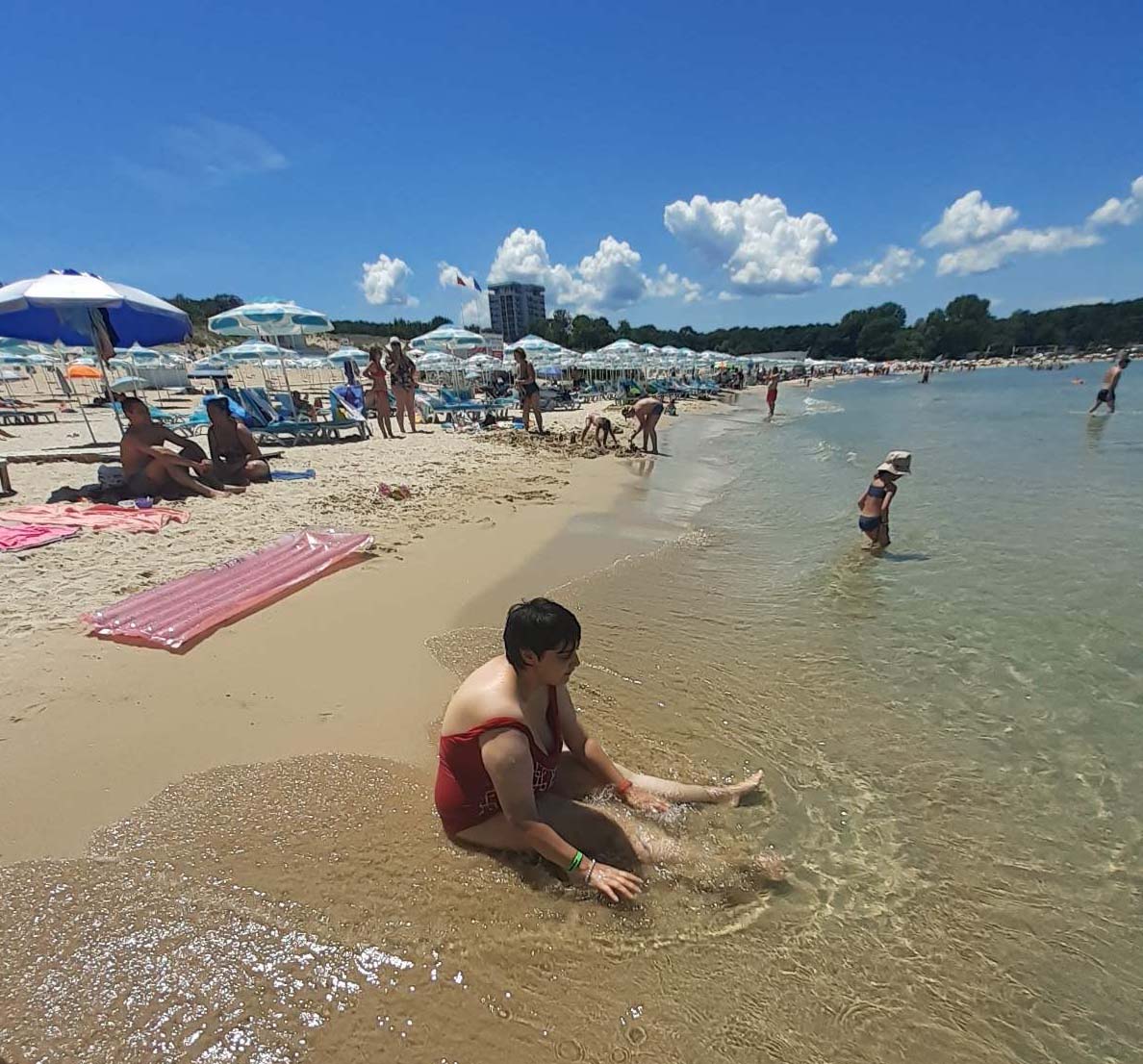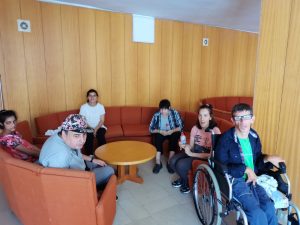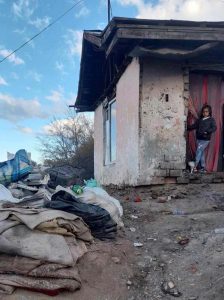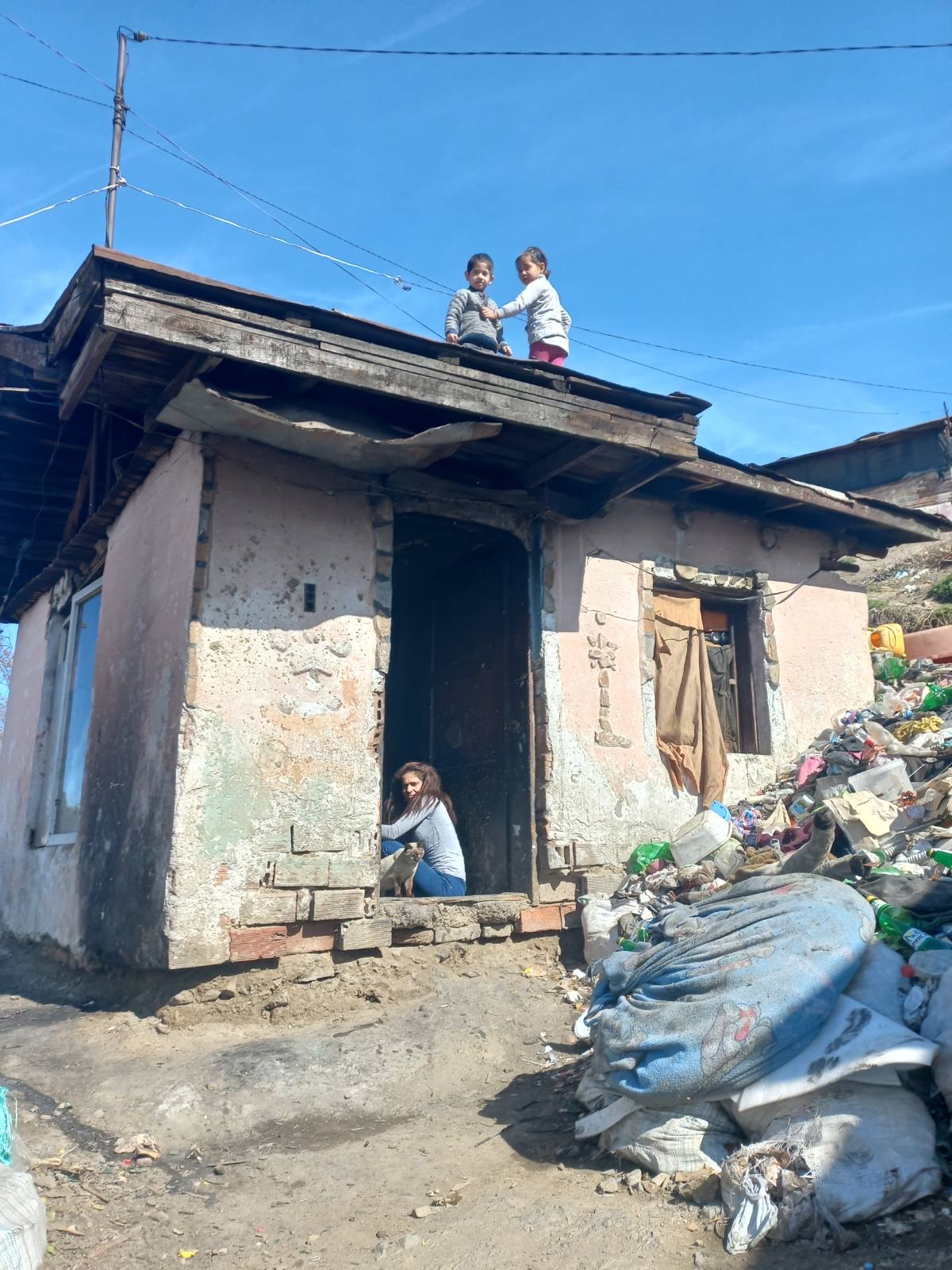Article 27 of the Universal Declaration of Human Rights states: Everyone has the right freely to participate in the cultural life of society, to enjoy the arts, to participate in scientific progress and to benefit from its achievements.
The flourishing of cultural diversity requires the full implementation of cultural rights as defined in the Universal Declaration of Human Rights and the International Covenant on Economic, Social and Cultural Rights.
All people have the right to express themselves and to create and distribute their work; they have the right to participate in the cultural life of their choice and to conduct their own cultural practices, while respecting human rights and fundamental freedoms. Preventing or making it difficult for certain groups of people – people with low incomes, people with disabilities or people from minorities – to gradually benefit from their economic, social, educational and cultural rights – has consequences for the general well-being of people and communities and for the preservation of their identities . And any limitation of aspects of their cultural identity that are in line with the Charter of Fundamental Rights of the European Union, along with economic and social inequalities, can become a cause of social exclusion.
Author: Viktoria Damyanova, student from the city of Montana
Reflection Questions:
1. What are the opportunities for participation in cultural life in your city?
2. What factors facilitate participation in creative activities?
3. Do people from minority groups have their own creative centers, clubs and places to develop their cultural identity?





















